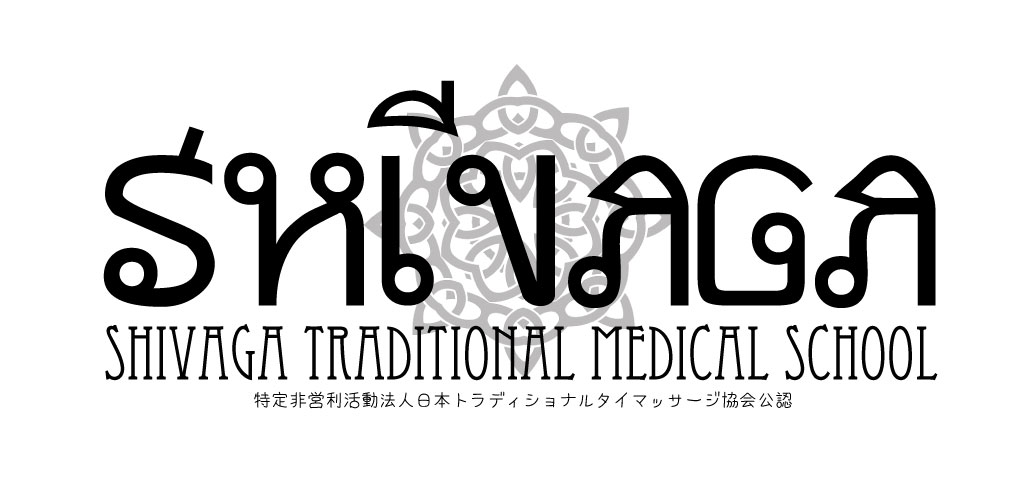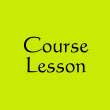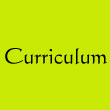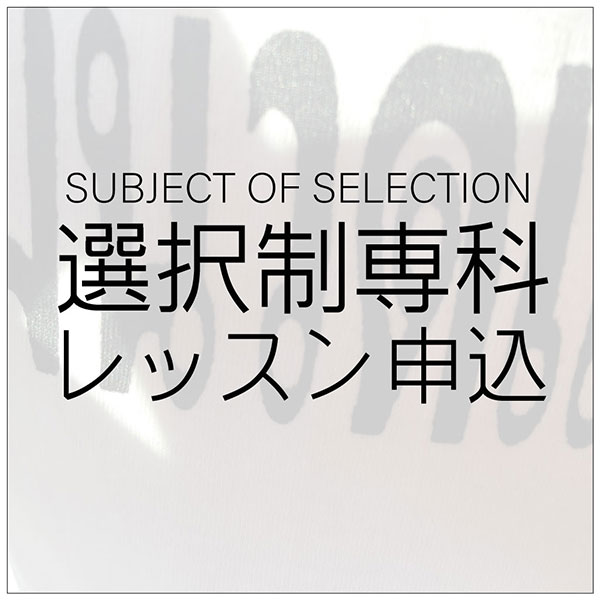| |
The basic theory of Indian ancient medicine Ayurveda is an important theory in traditional medicine, which is also the basis of Thai traditional medicine. Based on this, we will diagnose your constitution and classify it by dosha such as vata, pitta, kapha. |
|
| |
Ayurveda is a traditional medical system that originated in ancient India. Its etymology is derived from the Sanskrit words "ayus" (life) and "veda" (science), and can be understood as "the science of life." Ayurveda is deeply related to health and mental attitude, and is a science that provides a comprehensive knowledge of health, including spiritual, mental and social aspects. Ayurveda believes that there are three life energies at the base of the body. First, there are three life energies, Vata, Pitta and Kapha, which are the basic energies of the body, which he calls Tridoshas. Each dosha represents a natural phenomenon such as "fire", "wind", and "earth", and has properties such as speed, sharpness, and weight. , at times creating an unbalanced and unhealthy state. It is said that the ``Qi'', ``Blood'', and ``Water'' in Kampo medicine are derived from this flow, and if these three flow smoothly in the body, you are healthy, and if they are not flowing smoothly, you will get sick. are also common. The three doshas also have a great influence on your constitution. A state of balance is a state of health, and when it is out of balance, it causes illness. Also, the balance differs from person to person, and people with strong kapha, vata, and pitta separate from each other. That is the character of the person. In this course, you will learn the basic theory of Ayurveda. |
| |
■ Vata
Room color warm color
Room environment replenishing humidity
Things to drink before: Hot drink
Things to use for the treatment Lightly warm with a herb ball
Stroke Slow, regular, not strong
Compression Shallow
Areas to focus on treatment Large intestine, bladder, bones
Aromatic oils: sandalwood and rose, which have a calming effect |
| |
■ Pitta
The color of the room Cool color
The environment of the room is cool and well-ventilated
Something to drink before cold water
What to use for the treatment Herb ball to cool the eyes without warming
Stroke moderately and rhythmically
Compression Moderate
Areas to focus on treatment Small intestine, stomach, liver, spleen, heart, eyes, skin
Aroma oil cooling sandalwood, rose, jasmine, castrol |
| |
■ Kapa
The color of the room The color that cheers you up
Room environment A warm and dry room
What to drink before: vegetable juice
Things to use for the treatment Warm enough with a herb ball
Stroke Fast, irregularly, strongly
pressure deeply
Areas to focus on treatment Stomach, heart, tongue, head, joints
Aroma oil stimulating eucalyptus, cinnamon, mint |
|













